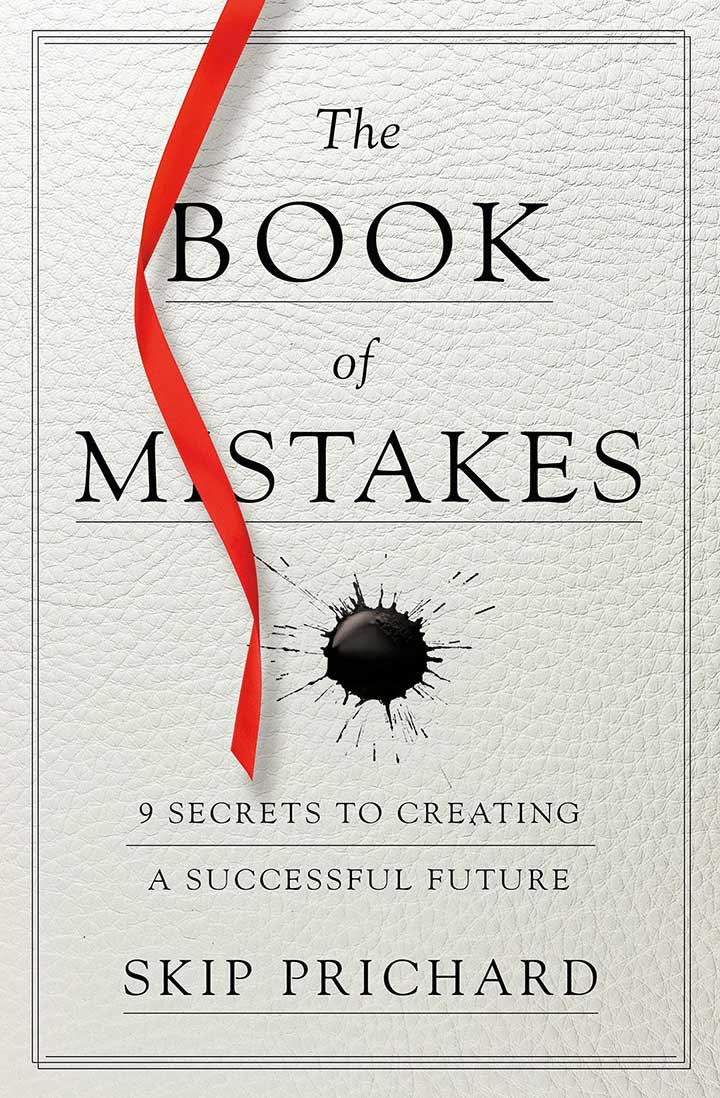1 Skill to Master
Because I do business all over the world, I have the opportunity to travel and learn unique skills. Unless you want to see quick disaster, it’s important to prepare carefully when meeting with counterparts from other cultures.
Recently, I had the opportunity to visit Japan. My experience with Japanese business leaders has always been positive. I appreciate the unique culture. On this trip, I was once again struck by the Japanese hospitality, by their respect, deference, and kindness.
If you’ve ever studied Japanese business etiquette, you may know that the norms are very different from Western standards.
- Rank and title are more meaningful than in the United States.
- Polite conversation normally requires frequent expressions of gratitude.
- Slightly bowing shows respect.
- Where to sit at a negotiation table, or at dinner, is carefully orchestrated by rank and standing.
- Business cards are exchanged with intention. Hold the business card with both hands and show respect to the person with a slight bow to it. Never put the card in your back pocket or casually put it away. Instead, place it close to your heart in a card case.
- The group is more important than the individual.
- Slurping soup is proper etiquette and shows your appreciation.
- Giving gifts is very important and is a ritualistic exchange.
- Toasting is important at dinner.
- Nodding is customary to show attention and comprehension.
- Nine is an unlucky number in Japan, making the subtitle of my new book problematic. Too late!
The list goes on and on.

The Skill of Silence
There’s one particular skill, or habit, that I particularly noted. Japanese are much more comfortable with silence than in many other parts of the world.
If I’m at a dinner, and there is a lull in conversation, I have always filled it with questions or by introducing a topic. In fact, I almost consider it my duty as a host to continue the dialogue.
Not so in Japan.
Silence is used to diffuse tension, not create it. It may be used to show respect. It is a sign of authority, of credibility, of self-control, even of wisdom.
Learning to be comfortable with silence may not come easily to many leaders.
 My experience in Japan taught me this powerful lesson about silence, and I’ve taken it with me. It’s not only a skill for use with Japanese business leaders, but one we can all learn from. As the world gets faster, busier, and more connected, I’ve noticed that I have a strong compulsion to fill the void with activity, by grabbing my phone, by texting, by surfing the web.
My experience in Japan taught me this powerful lesson about silence, and I’ve taken it with me. It’s not only a skill for use with Japanese business leaders, but one we can all learn from. As the world gets faster, busier, and more connected, I’ve noticed that I have a strong compulsion to fill the void with activity, by grabbing my phone, by texting, by surfing the web.
I wonder what would happen if all of us took a page from our Japanese friends and learned to embrace silence. Would we find our stress decline? Would we find an inner clarity?
Try it for a day. See if you can become comfortable with the silent periods of the day, breathing deeply, quieting your mind. I bet you’ll find that this skill is one you’ll want to master.




